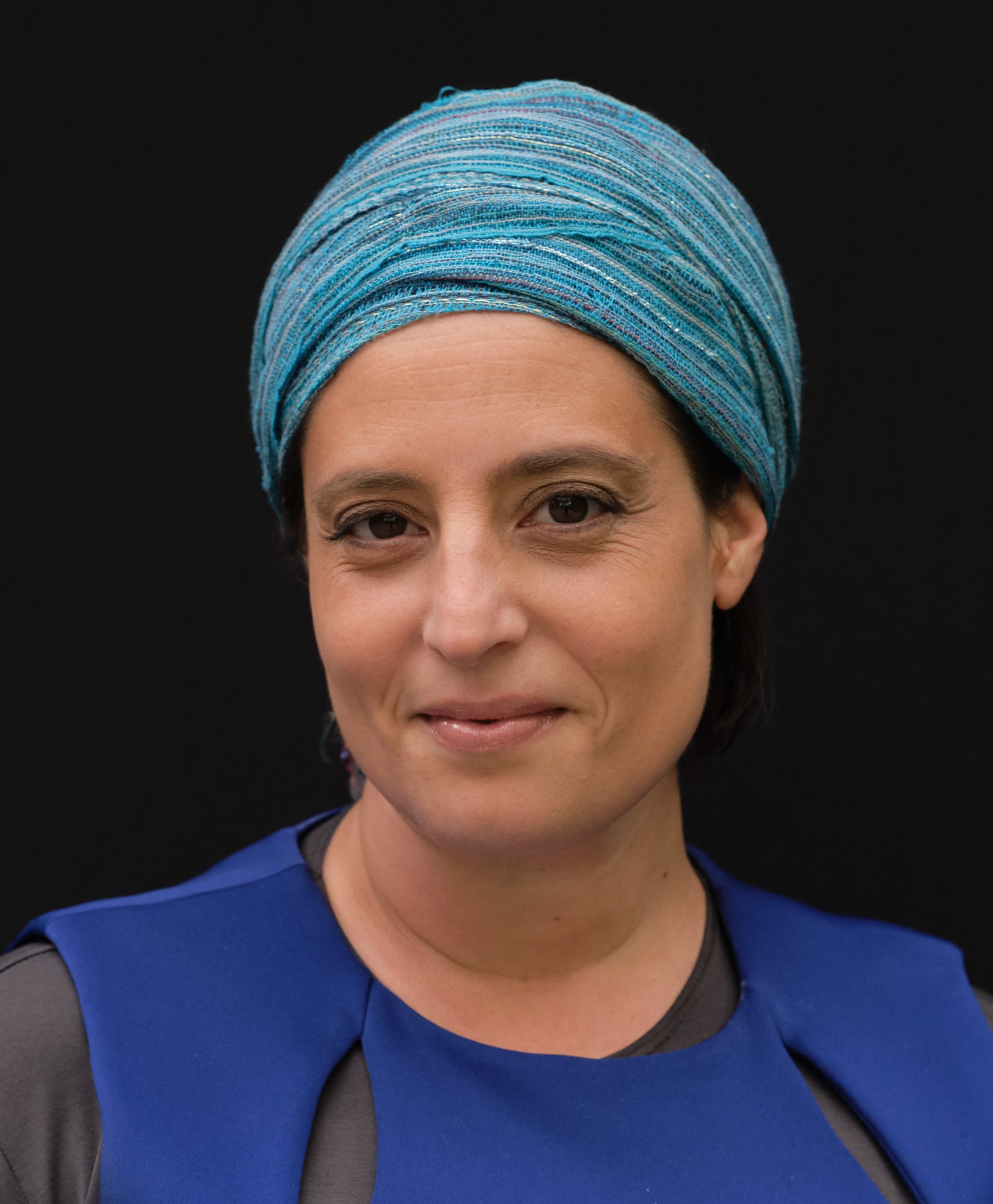The 21st Century Work/Shabbat Balance

Rabbanit Leah Sarna
Rabbanit Leah Sarna is the Associate Director of Education and Director of High School Programs at Drisha. She previously served as Director of Religious Engagement at Anshe Sholom B’nai Israel Congregation in Chicago, a leading urban Orthodox congregation.
She was ordained at Yeshivat Maharat in 2018, holds a BA from Yale University in Philosophy & Psychology, and also trained at the SKA Beit Midrash for Women at Migdal Oz, Drisha and the Center for Modern Torah Leadership. Rabbanit Sarna’s published works have appeared in The Atlantic, The Washington Post, Lehrhaus and MyJewishLearning.
She has lectured in Orthodox synagogues and Jewish communal settings around the world and loves spreading her warm, energetic love for Torah and Mitzvot with Jews in all stages of life.
Rabbanit Sara Wolkenfeld
Rabbanit Sara Tillinger Wolkenfeld is the Chief Learning Officer at Sefaria, an online database and interface for Jewish texts. She is passionate about expanding Jewish textual knowledge for all. Sara is also a fellow at the David Hartman Center at the Hartman Institute of North America. Her previous experience includes serving as Director of Education at the Center for Jewish Life – Hillel at Princeton University as part of the OU’s Jewish Learning Initiative on Campus. She studied Talmud and Jewish Law at various institutions of Jewish learning in Israel and America including Midreshet Lindenbaum, Drisha, Nishmat, and Beit Morasha and speaks on various Jewish topics at synagogues, schools, and university communities. Sara and her family live in the Lakeview neighborhood in Chicago.
Click here to access podcasts recorded by Sara Wolkenfeld.
This course explores the intersection of work and melakhah (forbidden Shabbat actions) in our non-agrarian, globalized, work-from-anywhere economy. The first three meetings of the course will introduce participants to under-studied areas of Hilchot Shabbat that are highly resonant to work today: what kinds of reading material are allowed on Shabbat? What kinds of list-making or tracking is allowed? In a globalized economy, how do timezones affect the work I can do on Friday or Saturday night? The last class will turn to a more conceptual framework of Melakha and ask: when making salad seems more Halakhically fraught than writing an email, how do we think about the fact that Halakha and communal practice seems to allow for one and not the other?






